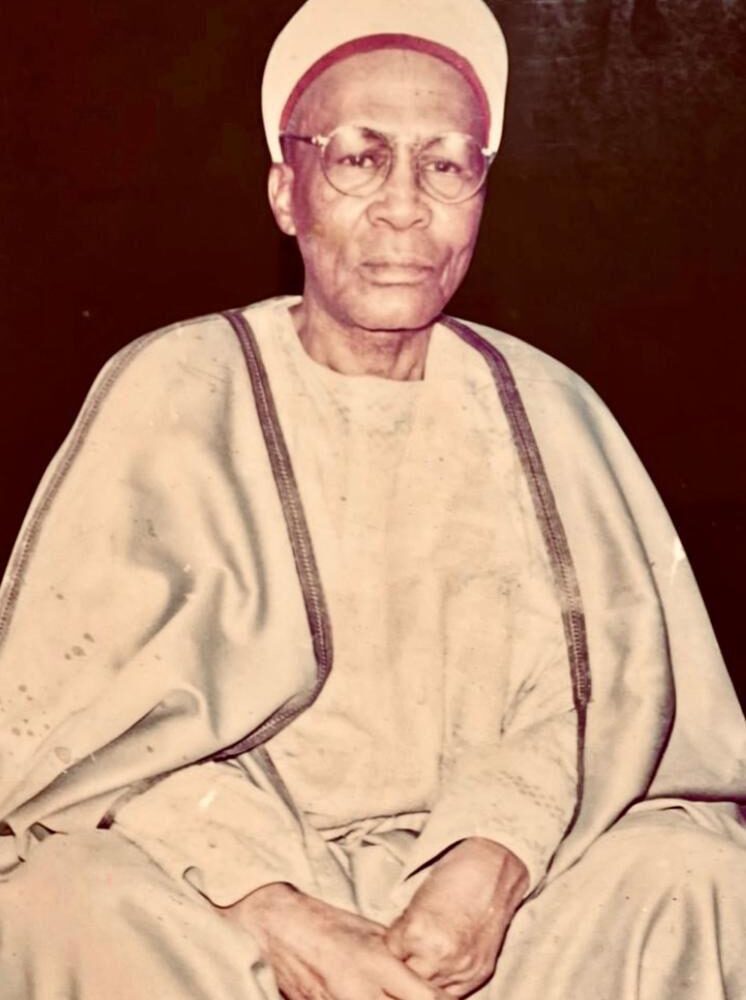I have, on countless occasions, told the story of how then 1990 killing of journalists, Kris Imodibie of The Guardian and Tayo Awotunsin of the Champion newspapers by Charles Taylor in the Liberian war tilled the land of my path to journalism. As a retelling, I had been downcast as a student of Philosophy at the University of Lagos on the prospect of a job upon graduation. Yet a sophomore, one day, as I read Imodibie’s profile in the Daily Times inside the library of Unilag, I found out that he graduated from my department in 1984. I was super-excited and told myself that I could be a journalist, too. Beginning from then, I spent every penny of allowances given me by my father on typing articles which I subsequently sent to virtually all Nigerian newspapers. One of those newspapers was The Guardian.
One day, I walked into Rutam House. I had a typed copy of an opinion article I wrote. Directed to the office of the chairman of the editorial board, I met the chair’s secretary who casually waved me into the chair’s office. There sat a man I had idolized over the years in the calmest of miens I had ever seen. Olatunji Dare. Even as a student, his serpentine weave of language and mesmerizing satire stood him out among writers of the time. That unexampled craft, especially his satire, has been aped unsuccessfully, indeed fatally, by many who attempted to patent it.
Dare looked up the young boy before him that day as I thrust a copy of the article in his hands. He apparently read the first paragraph. “Young man, are you sure you wrote the piece?” he asked me. I assured him I did. He then thanked me as I left his office. A few days after, the piece was published. I nearly set my room on fire that day. To be published by the Guardian! I hadn’t finished celebrating meeting my writing idol when the joy of being published in the Guardian came.
I didn’t get to converse with one of Nigeria’s greatest essayists and columnists until many years after. I had been guest of Professor Wale Adebanwi, then of the University of California, Davis, in his house in Sacramento when he engaged in a phone conversation with Prof Dare. He promptly told him I was his guest and Prof sought to speak with me. He wondered why I declined to partake in a festschcrift in his honour and I apologized that a communication breakdown must have been responsible.
Prof Dare has over the years earned his badge as one of Nigeria’s major public sphere assets. On his 80th birthday, we can only wish him many more fruitful years. And the grace to witness the maturation of the Eldorado he wishfully penned for Nigeria.





